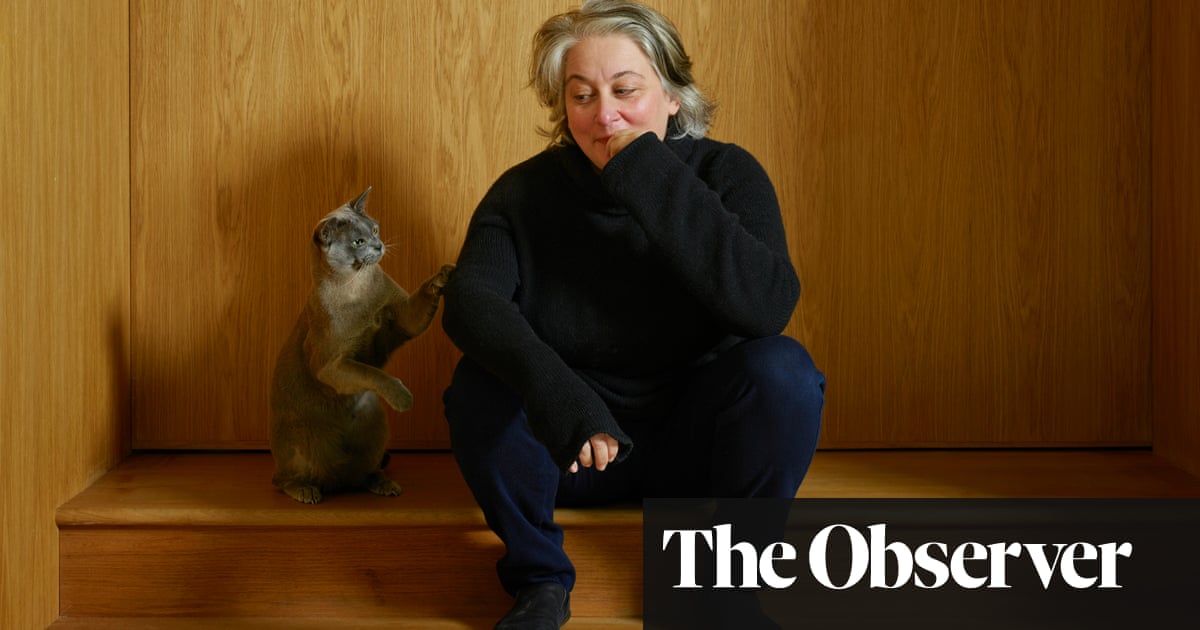
lmost 10 years ago to the month, I was a newly qualified junior doctor, working in Oxford’s major teaching hospital, the John Radcliffe. On one of my first on-call shifts, a characteristically busy Saturday evening, I was summoned to the ward by a kindly Filipino nurse. She was distressed about a patient, an elderly man delirious with infection, who was shouting racial slurs at the nursing staff.
“How are you feeling today, sir?” I asked with a cheerful, if insincere, lilt.
“I’m not arrogant, I’m English, which is more than I can say for you, you black bastard!” he replied with equal buoyancy.
I considered a cheeky retort but opted instead for a wry smile and a gentle dose of lorazepam to settle the matter quickly. I scurried away, more patients to see and blood tests to review before handover to the night team.
Such encounters had long ceased to rattle me. I arrived in the UK as an international student from Zimbabwe in 2003. After a brief spell at a boarding school in Lancashire to complete my A-levels, I earned a placed at Newcastle University to study medicine. The north-east was unlike anywhere I had lived before. One of sparingly few black faces in the university, I felt like a misplaced peppercorn in a bowl of salt. My first year was especially difficult. The loneliness sank me into a deep depression. I felt fearful that I would never adjust to my new life. All the while, I watched Zimbabwe’s unfolding economic crisis at a distance with feelings of guilt, shame, loss and longing.
Over time, things slowly changed. My survival strategy was to mimic the English and downplay other aspects of my identity. As I rotated through clinical placements in Newcastle, Gateshead, Sunderland and South Shields, I took a keen sociological interest in the geographic inequalities that divide Britain. I learned how to decipher the Geordie accent. I occasionally attempted to greet my patients with affectionate colloquialisms (“You alreet pet?”). I cheered energetically for the Toon Army. I developed a taste for real ale. I made friends, went on many disastrous dates and participated in student politics.
I always kept one eye on Zimbabwe and wrestled with my sense of belonging in Britain. Could I ever call this country home when I was frequently reminded of my outsider status? At times, these reminders were aggressive: patients calling me a “golliwog” or drunk partygoers in Newcastle’s Bigg Market instructing me to “fuck off back to Africa”. More typically, these reminders were subtle. People marvelled incredulously at the eloquence of my spoken English. They took liberties when touching my hair. Some casually called me the “whitest black man” they knew. The “only black man” would have been more accurate.
After graduation, I worked as a junior doctor in hospitals in Oxfordshire, Buckinghamshire and Berkshire before a stint in the School of Public Health at Imperial College London. Rather than specialise in a particular area of medicine, I turned my attention to academia. A fortunate recipient of a full scholarship to Oxford University, I studied African history and politics. Towards the end of my PhD, I was offered a faculty job in my department conditional on attaining the right to work. After 16 years, half my life, perhaps it was time to think of the UK as home, and apply for indefinite leave to remain (ILR).
The application process was costly and anxiety-inducing. My university had awarded me a prestigious writing fellowship to complete my doctoral thesis, but I spent all £3,000 on the ILR application and lawyer fees. I also had to sit the Life in the UK test as one of the requisites for the application.
Leaving nothing to chance, I studied like a demon for the test, reading the syllabus repeatedly and doing practice questions online. I crammed the trivia in the handbook: facts about the bronze age, the National Trust and the number of dry ski slopes in Scotland. I gleaned some interesting morsels of information about the structures of government, social struggles for equality such as Chartism and women’s suffrage, and a truncated history of the monarchy. The horrors of colonialism and slavery were unsurprisingly glossed over, incorporated into a triumphalist narrative of Britain as an unequivocal force for good in the world. The combination of arbitrary facts and nationalist myth-making would, under less exigent circumstances, offend me.
Test day arrived. Nervous and overprepared, I completed the 45-minute test in four, finishing with a perfect score. I left the examination centre, certificate in hand, and promptly forgot everything I had learned in my preparation. Instead, I reflected on my own journey to this point and lamented how regressive the entire ILR application process is. To be eligible demands adherence to stringent restrictions on travel (you can’t, for example, leave the country for more than 540 days in a 10-year period, even if the travel is work-related). The sheer cost is prohibitive and the Life in the UK test is reductive.
Many migrants spend years building their lives in this country, contributing immeasurably to society and developing a textured grasp of the richness and diversity of British life. Unlike me, I suspect the majority do not have the time or resources to memorise a selection of dates and figures that bear little resemblance to daily life. The test can neither authenticate the experience of living in the UK nor meaningfully affirm civic values; rather it functions as a signal to the general public that immigrants have been vetted for their loyalty to Britain.
As the UK reckons with its history, there are strong grounds for updating the content of the test. A good start would be an even-handed account of how slavery and colonialism shaped the country and the world in profound and destructive ways. This might help to contextualise Britain’s challenges with structural racism and inequality. Better yet, I would suggest more public education on school curriculums about the ugly legacies of imperialism – and scrapping the test altogether.
• Simukai Chigudu is associate professor of African politics at the University of Oxford












